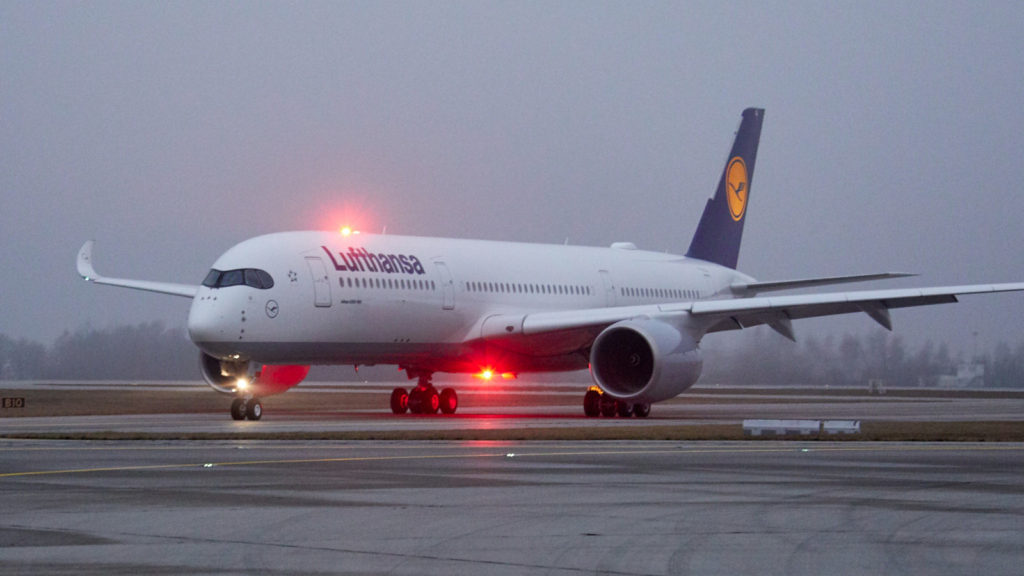Air Arabia Orders 120 Airbus A320neo Family Aircraft, including XLR
Air Arabia, the Middle East and North Africa’s first and largest low cost carrier, has signed a firm order for 120 Airbus aircraft comprising 73 A320neo's, 27 A321neo's and 20 A321XLR's. The agreement was signed…
